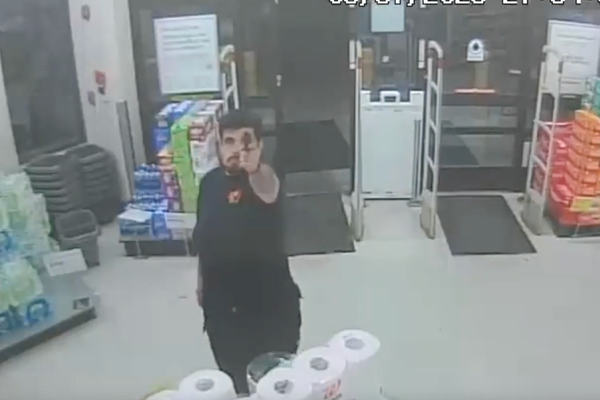
- The richest man in the world and a group of private equity and venture investors made an unsolicited offer for the nonprofit that controls OpenAI, led by Elon Musk’s former friend and business partner Sam Altman. But there are strings attached to the deal; Musk wants Altman to abandon a restructuring plan that would make the ChatGPT developer a for-profit business.
Tesla CEO Elon Musk and some investors made an unsolicited $97.4 billion “cash” bid for the nonprofit that controls OpenAI on Monday. But in a new tit for tat, he claims he’ll withdraw the offer if the ChatGPT maker stops its transition to a for-profit enterprise, according to the Wall Street Journal.
“If OpenAI board is prepared to preserve the charity’s mission and stipulate to take the ‘for sale’ sign off its assets by halting its conversion, Musk will withdraw the bid,” lawyers for Musk said in a court filing Wednesday, per the Journal.
When it was founded, OpenAI proclaimed its research was “free from financial obligations.” About four years later, it created a capped-profit subsidiary (basically a mix of a for-profit and nonprofit) so it could raise capital and increase investments while maintaining its mission of advancing digital intelligence for humanity’s sake. That hybrid version is the OpenAI you’re used to hearing about, and it employs most of the staff. OpenAI Nonprofit is the original entity and parent.
But in December, OpenAI announced a plan to turn the for-profit subsidiary into a Delaware-based public benefit corporation because it wants to raise more capital. Anthropic and Inflection AI are also structured as public benefit corps. After the reorganization, OpenAI’s nonprofit would then own shares in the for-profit company.
Beyond the pending restructuring, the bad blood goes far beyond this latest dispute. OpenAI chief executive Sam Altman and Musk founded OpenAI together a decade ago—but when Musk made an offer to take over the company or merge with Tesla, it was rejected because they didn’t want anyone to have that much control. Musk left even though all the cofounders agreed a for-profit structure was necessary. Musk has since sued Altman and OpenAI mostly due to its relationship with Microsoft and that lawsuit is ongoing. Either way, the letter of intent set a three-month deadline for OpenAI to agree to a sale, decline negotiation, or walk away.
Altman flatly rebuffed the offer on X, the social media platform that was once Twitter before Musk bought it. Altman wrote: “No thank you but we will buy twitter for $9.74 billion if you want.” Musk then called Altman a “swindler.”
Altman later said, “probably his whole life is from a position of insecurity, I feel for the guy,” referring to Musk, when asked if the offer was made out of uncertainty in his own artificial intelligence venture xAI.“I don’t think he’s, like, a happy person,” Altman said. “I feel for him.”
President Donald Trump’s $500 billion “Stargate” AI infrastructure project enlisted OpenAI as a key partner rather than Musk’s artificial intelligence company xAI despite the relationship between Musk and Trump. Musk bashed the project, and Trump claimed, “he hates one of the people in the deal.”
Nevertheless, whether the stipulation changes anything is unclear because Altman already turned it down. But the Journal earlier reported that the offer complicates things for Altman because it could push the board of directors at OpenAI to rethink how it values the nonprofit, and therefore its stake once there is a conversion to for-profit. OpenAI did not immediately respond to Fortune’s request for comment.







